|
|
Perchik L. The Reconstruction of Moscow. — Moscow, 1936The Reconstruction of Moscow / by L. Perchik ; translated by J. Evans. — Moscow : Co-operative publishing society of foreign workers in the U.S.S.R., 1936. — 72 p., ill.SOCIALISM AND THE HOUSING QUESTION
The housing question, and questions of municipal services and enterprises in general have attracted attention from the very first days of the birth of scientific socialism. As far back as ninety years ago Frederick Engels, after making a study of the situation of the English workers in Manchester and other towns of capitalist England, wrote:
“The manner in which the great multitude of the poor is treated by society today is revolting. They are drawn into the large cities where they breathe a poorer atmosphere than in the country, they are relegated to districts which, by reason of the method of construction, are worse ventilated than any others; they are deprived of all means of cleanliness, of water itself, since pipes are laid only when paid for, and the rivers so polluted that they are useless for such purposes; they are obliged to throw all offal and garbage, all dirty water, often all disgusting drainage and excrement into the streets, being without other means of disposing of them; they are thus compelled to infect the region of their own dwellings. Nor is this enough. All conceivable evils are heaped upon the heads of the poor. If the population of great cities is too dense in general, it is they in particular who are packed into the least space. As though the vitiated atmosphere of the streets were not enough, they are penned in dozens into single rooms, so that the air which they breathe at night is enough in itself to stifle them. They are given damp dwellings, cellar dens that are not waterproof from below, or garrets that leak from above. Their houses are so built that the clammy air cannot escape.”*
____________
* Engels, The Condition of the Working Class in England in 1844.
In his preliminary notes for The Holy Family (1844) Marx wrote concerning the housing conditions of the workers under capitalism:
“Man returns to the cave dwelling, which is now, however, poisoned by the mephitic, pestilential air of civilization, in which, moreover, he only dwells precariously, a foreign power which can slip away from him any day, out of which he can be thrown any day if he does not pay. He must pay for this death house. The sunny dwelling, which Aeschylus has Prometheus call one of the great gifts by which he made a savage a man, ceases to exist for the worker.”**
____________
** Marx-Engels, Collected Works, Vol. III, Book 1, p. 128, German ed.
Marx’s and trenchant criticism of bourgeois society in his immortal Capital also treats of the frightful housing conditions of the workers under capitalism.
In the Draft and Explanation of the Program of the Social-Democratic Party which Lenin compiled in prison in 1895-96, he wrote the following on the impoverishment of the workers and the tremendous increase in the wealth of the exploiting classes:
“Luxury and extravagance have reached unprecedented dimensions among this class of the rich, and the main streets of the large towns are lined with their princely palaces and luxurious castles. But, as capitalism grows, the conditions of the workers become worse ... it became more and more difficult to find employment and alongside, the luxurious palaces of the rich (or in the suburbs) the workers’ hovels increased in number, the workers were compelled to live in cellars, in overcrowded, damp and cold tenements and sometimes even in dugouts near where new factory premises were being built.”*
____________
* Lenin, Selected Works, Vol. I, p. 474, Co-operative Publishing Society, Moscow, 1935.
The leaders and teachers of the working class did not deal with utopias after the example of the utopian socialists, the predecessors of scientific socialism (Thomas More, Tomas Campanella, Charles Fourier, Robert Owen and others). Moreover, they warned us against indulging in fantasies concerning this momentous problem of refashioning human life under the new conditions created by the socialist epoch.
Thus, for example, Engels in 1872 in his brilliant work, The Housing Question, wrote:
“How a social revolution would solve this” (the housing) “question depends not only on the circumstances which would exist in each case, but is also connected with still more far-reaching questions, among which one of the most fundamental is the abolition of the antithesis between town and country. As it is not our task to create utopian systems for the arrangement of the future society, it would be more than idle to go into the question here.”*
____________
* Engels, The Housing Question, p. 36, Co-operative Publishing Society, Moscow, 1935.
But one thing was clear: the working class, having won power, must radically reconstruct its cities, abolish the antithesis between town and country, wipe out the gross contradictions which obtain in a capitalist city between the bourgeois and the proletarian quarters.
Ninety years have elapsed since Engels wrote his Condition of the Working Class in England in 1844. Almost simultaneously the great Russian critic, Belinsky, wrote of Moscow:
“Everywhere self-sufficiency, lack of connection ... The houses or huts are like fortresses, prepared to withstand a prolonged siege. The household is everywhere, but there is practically no civic life.”
At that time Moscow lagged behind Manchester, as all Russia lagged behind England, a good hundred years. And even at the time of the October Revolution, Russia was not less than a hundred years behind England and other advanced capitalist countries. But now eighteen years have passed since the Revolution and the picture has changed radically. During this time, Moscow has gone through a fundamental reconstruction. The extent of this reconstruction in all branches of municipal services and enterprises has been amazing, especially in recent years.
Meanwhile, in London the problem of the slums is just as acute as ever. This problem, which could not be solved ninety years ago, is just as insoluble now so long as the bourgeoisie is in power. If a worker under the capitalist system does get the chance to break away from the slums, and remove to more or less decent living quarters, the higher rents affect his budget in such a way as to leave him insufficient money for food.
Thus, according to the report of a British medical officer of health, Dr. M’Gonigle, the death rate among workers in England who have removed to better quarters has increased by 0.85 per cent in comparison with the death rate among workers who remain in the slums. Making an analysis of this apparent anomaly, M’Gonigle explains that removals from slums to new houses involved an increase of more than one and a half times in rent. Thus the worker had to cut down expenses on food drastically. And this further starvation of the workers could not but result in an increase in mortality in the new houses.
CONTENTS
Socialism and the Housing Question .. 7
Old Moscow .. 12
Stalin on the Lines of Development of Socialist Cities .. 19
Planning New Moscow .. 26
The Ten-Year Plan of Great Work .. 42
The Role of the Subway in the Reconstruction of Moscow .. 49
Wide, Well-kept, Beautiful Streets .. 61
The Style of New Moscow .. 68
Sample pages
Download link (pdf, disk.yandex; 95,0 MB).
29 июля 2017, 15:17
0 комментариев
|
Партнёры
|

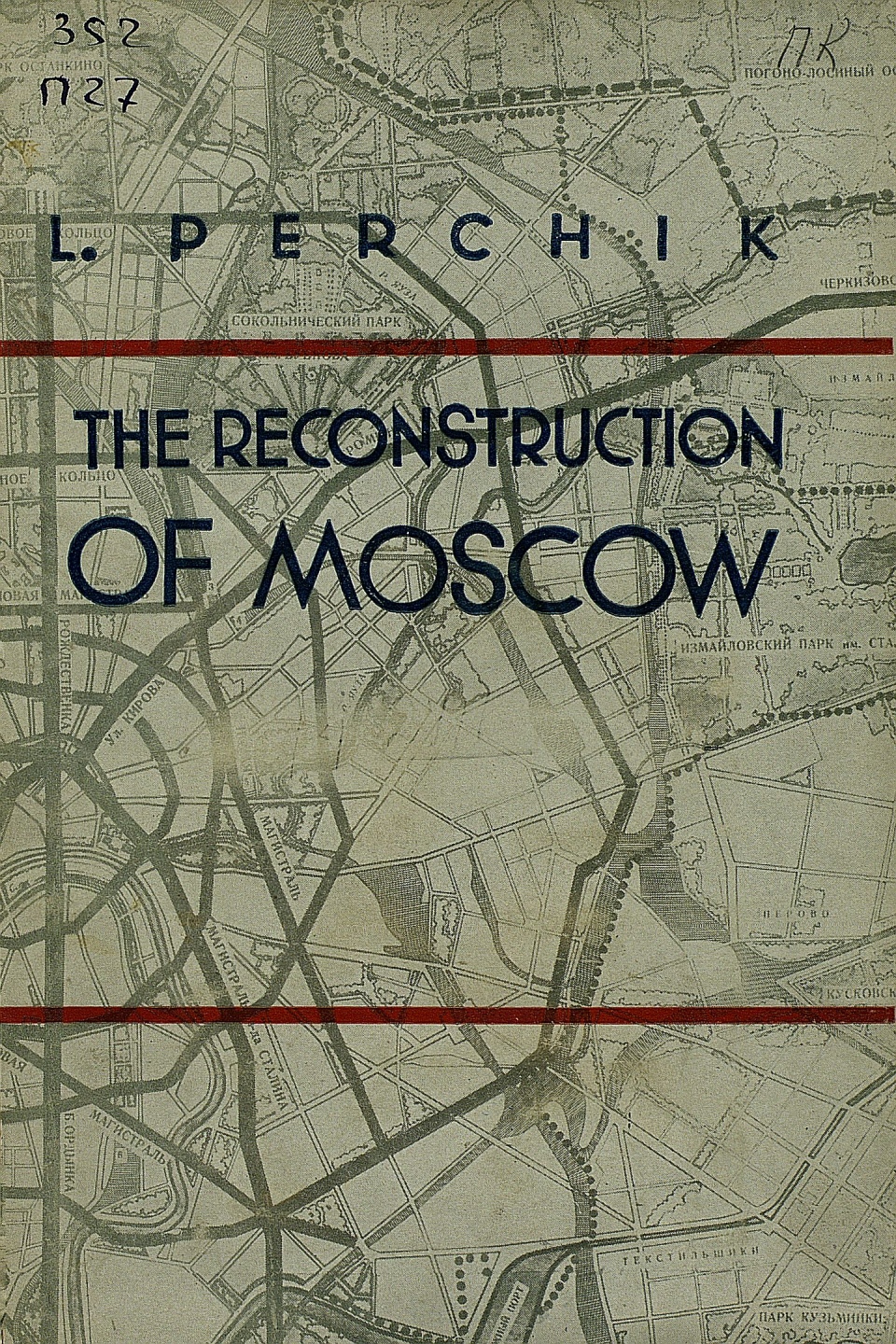
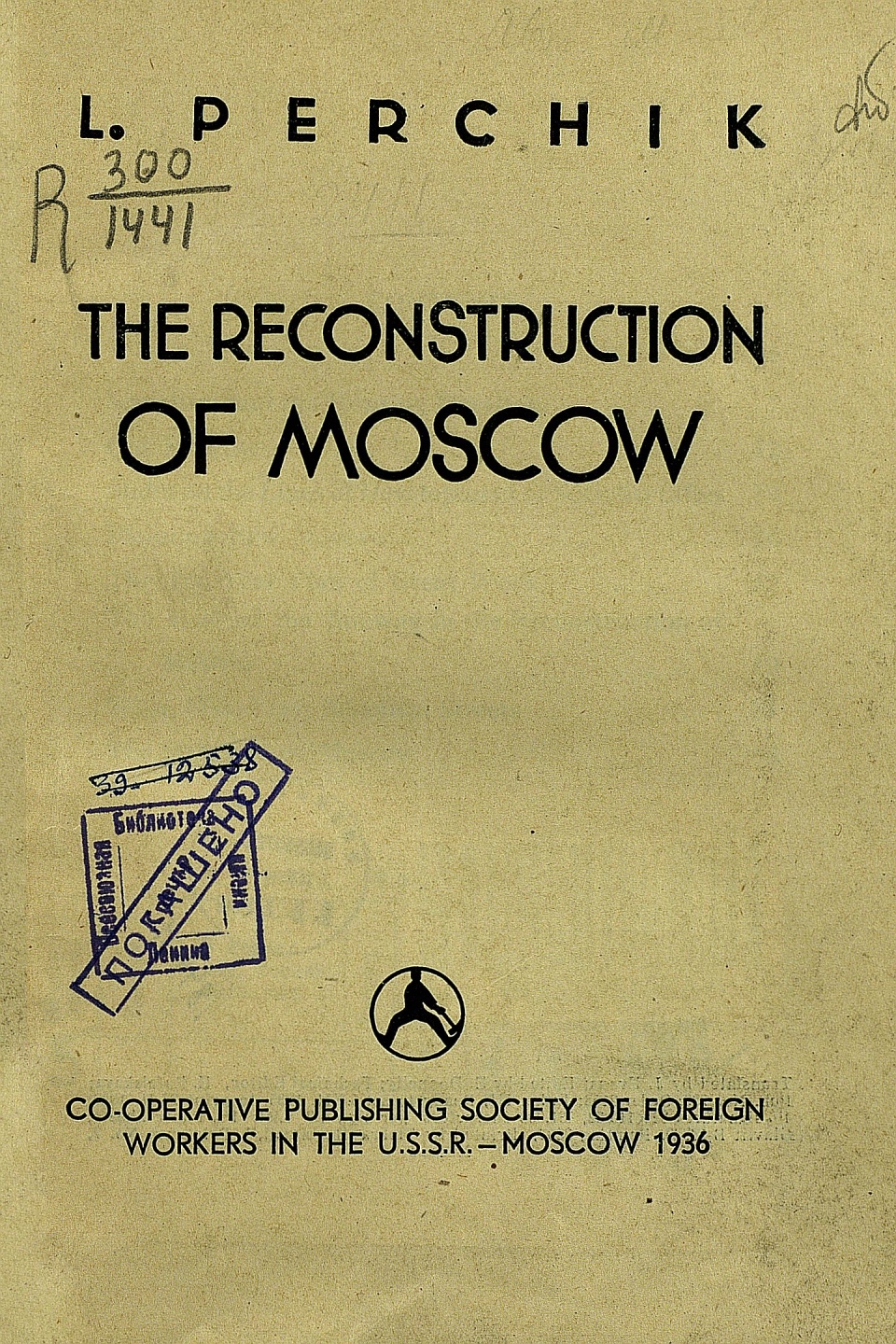
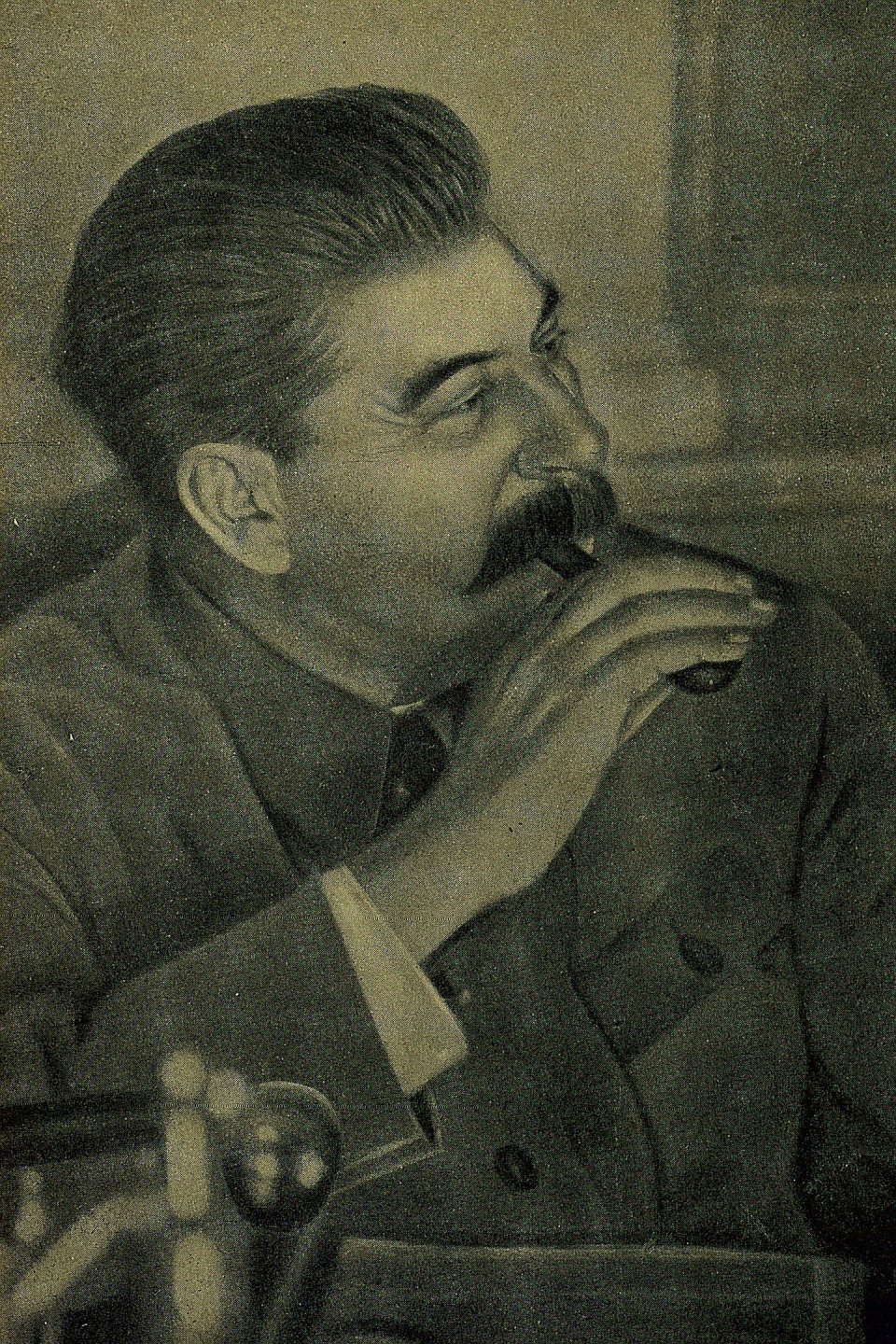

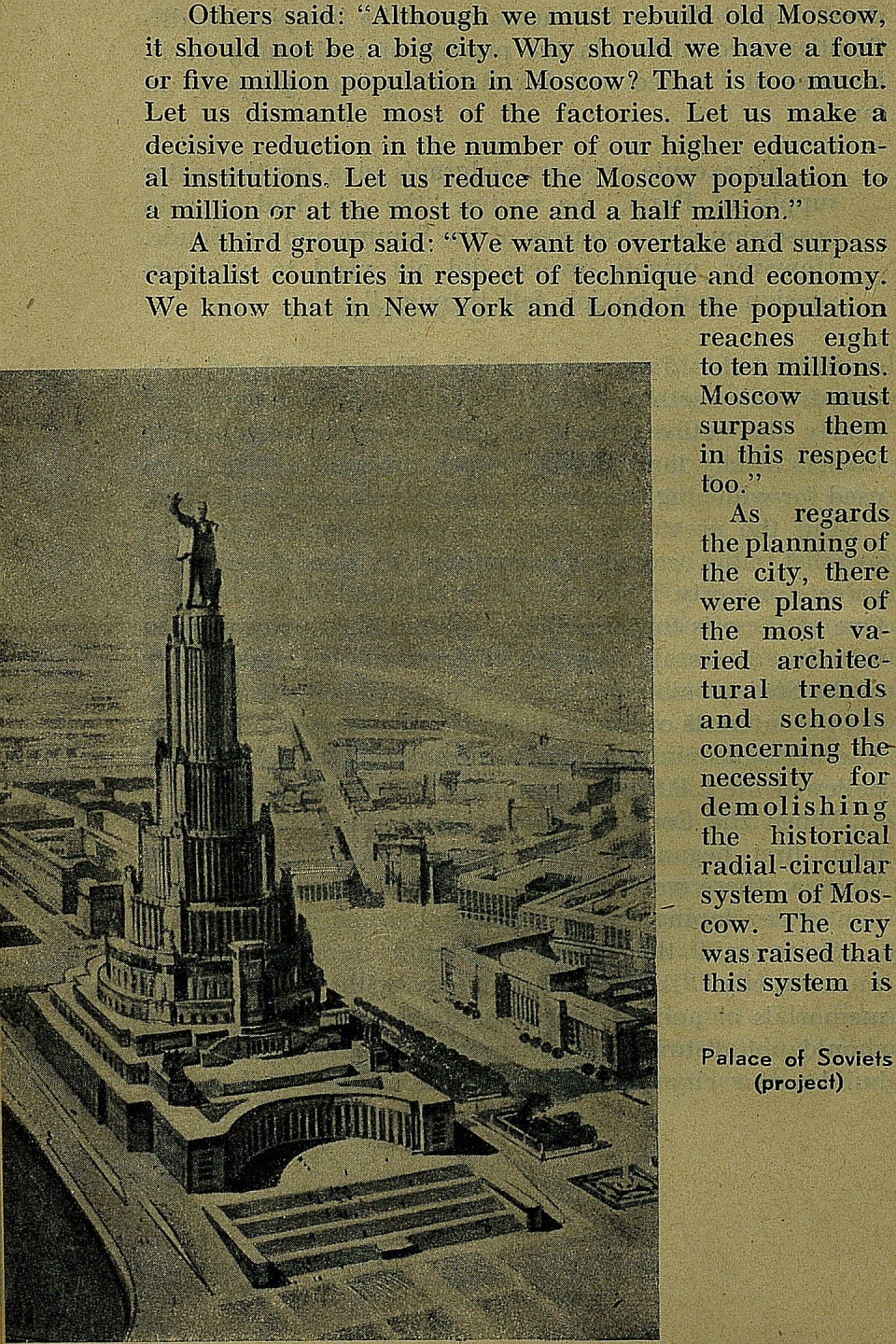
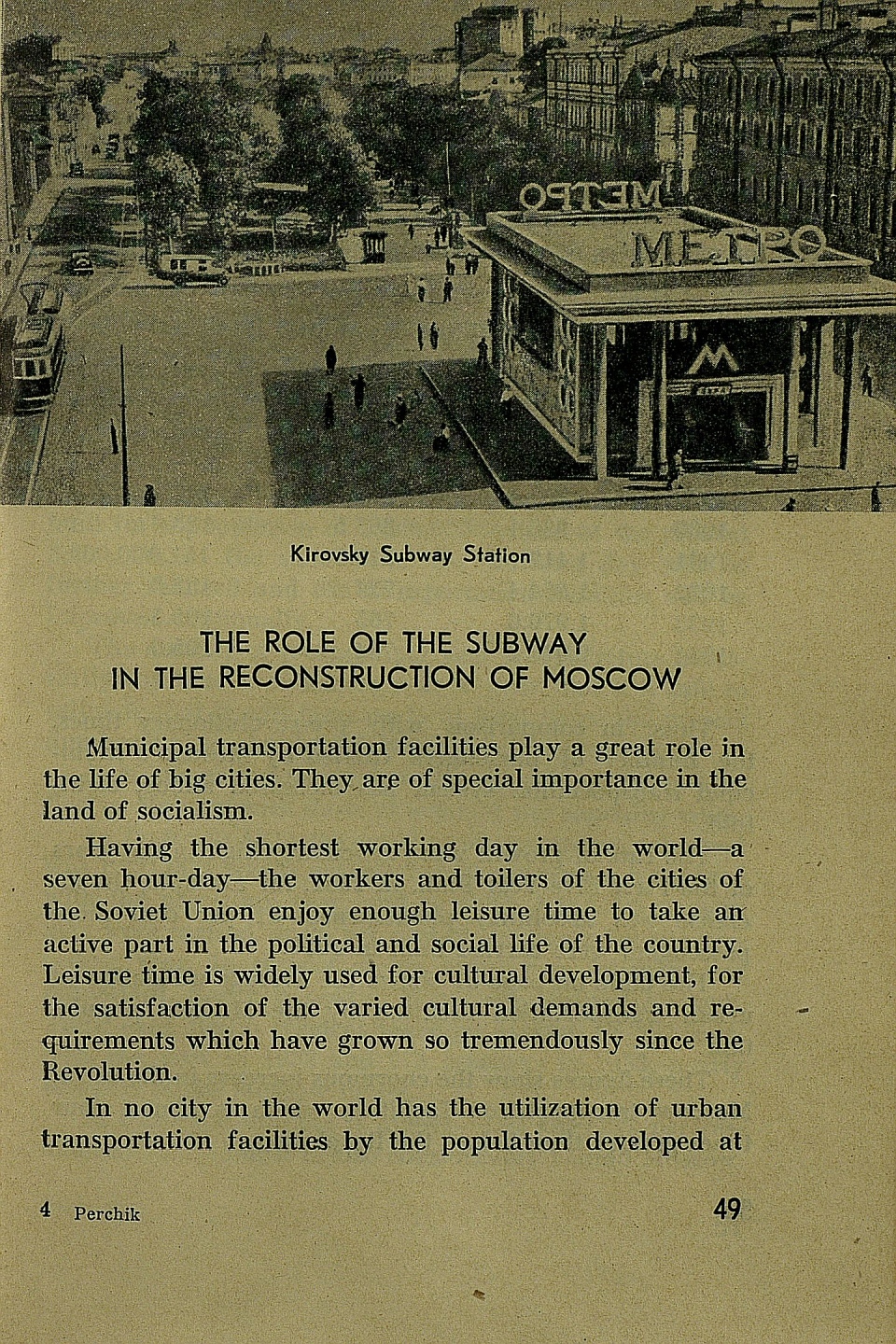





Комментарии
Добавить комментарий